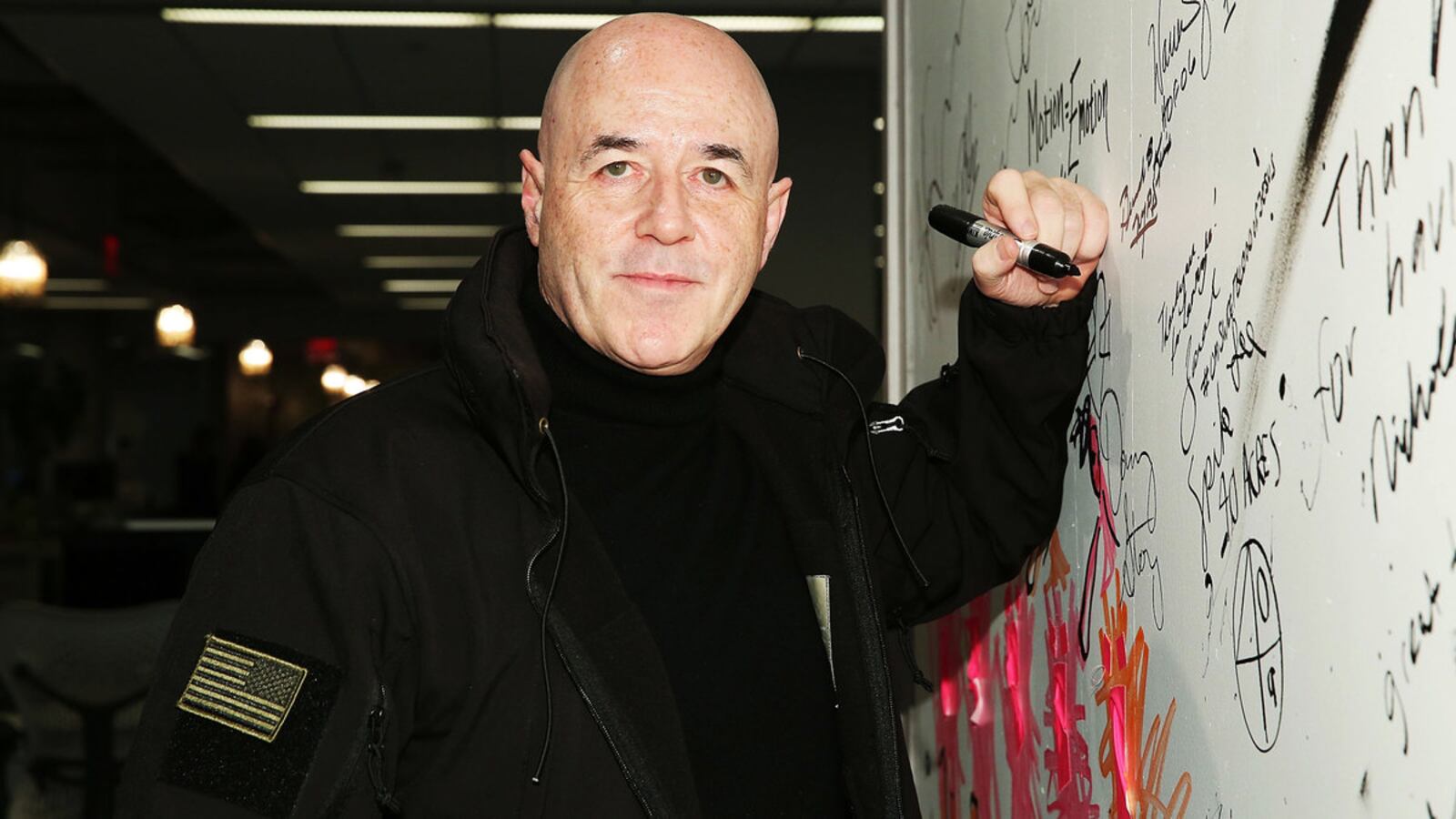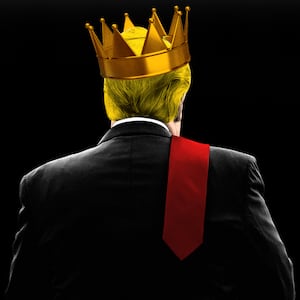To be fair to President Trump, former New York City Police Commissioner Bernard Kerik did not do anything he himself has not long been accused of doing as a matter of routine.
All Kerik did was lie, evade taxes, consort with organized-crime types, use public office to seek financial reward, make false statements to banks, gin up charitable contributions, and obstruct justice.
Why shouldn’t Trump pardon Kerik?
Just because Kerik pleaded guilty to eight felonies does not mean he was not the victim of a witch hunt.
Listen to the gobbledygook the prosecution sentencing memorandum offered in February 2010: “Obstruction of justice, like that perpetrated by the defendant in this case, negates the fact-finding functions of our courts and is inimical to the system of government the defendant—on more than one occasion—swore to uphold.”
What’s so bad about that?
So what if some of the lies were to the White House while Kerik was being vetted to become secretary of Homeland Security?
Who cares if Kerik committed his crimes as New York’s correction commissioner and then its police commissioner?
Only dishonest, corrupt witch hunters like the federal prosecutors in the Southern District of New York would end a sentencing memorandum with something like, “Those who are charged with enforcing the law must first obey it themselves.”
You might even say that Kerik became the Trump of jails in December of 2001, when the Manhattan lock-up was named the Bernard B. Kerik Complex.
Nobody really cares what panhandlers and pot smokers and other “quality of life” violators might feel about having been led in handcuffs into the Kerik complex at a time when Bernie himself was busy committing far more serious crimes.
And don’t feel too sorry for the thousands of folks arrested on minor violations who were strip-searched in a 10-month period between 1996 and 1997 on the orders of then-Deputy Corrections Commissioner Kerik even though a federal judge explicitly forbade it.
Those people got a $50 million settlement. Kerik received not a penny for the times he was strip-searched in federal custody.
“Yes, the inmates have basketball and softball,” Kerik wrote in his book Jailer to Jailed. “But they are also subjected to humiliating strip searches.”
Hypocrisy is not a crime.
Besides, Kerik is a pal of Trump’s personal lawyer, Rudy Giuliani.
The prosecutors might as well have been condemning Giuliani when they wrote that Kerik ”after leaving government became a wealthy man by shamelessly exploiting the most horrific civilian tragedy in this nation’s history.”
What was Kerik supposed to do, NOT make money?
And he had to go somewhere with his two mistresses.
What’s the big deal if he capitalized on 9/11 even before leaving government by making a love nest out of an apartment at the edge of Ground Zero that was supposed to serve as a resting place for recovery workers?
In Manhattan federal court in 2010, Judge Stephen Robinson seemed not to understand he was in the presence of American greatness. The judge might have been describing Trump when he said of Kerik:
“He has a toxic combination of self-minded focus and arrogance... that leads him to believe that his ends justify his means; that the rules, while applying to all, don’t fully apply to him in the same way that the rulings of this court are an inconvenience to be ignored or forgotten or an obstacle to be circumvented.”
The judge sentenced Kerik to four years, but he was released six months early to a halfway house. The week he was released from there, he inexplicably began asking around for an autographed photo of the actor Tom Selleck, who plays the NYPD commissioner on the show Blue Bloods. Maybe Kerik wanted to put it with one of the busts he had made of himself when he was somehow a real police commissioner.
Kerik does not seem to have obtained the Selleck autograph, but this week he got President Trump's signature on a pardon.
And now, Trump wants us to pardon Trump by giving him another four years in office.








